Breadcrumbs
- Home
- Research
- Research events
- The LMP Research Conference (LMPRC)
- LMPRC 2022
- Speaker bios: LMPRC 2022
Speaker bios: LMPRC 2022
You will hear from the following speakers at The LMP Research Conference and Product Show (LMPRC) 2022 on April 28.
Jump to the section:
- Keynote: Sonya MacParland
- AI in Medicine: Taufik Valiante and Rahul Krishnan
- Organ-on-a-chip: Yimu Zhao and Eugenia Kumacheva
- Unconventional Substances: Dakota Gustafson and Adam Shlien
Power hour sessions
- Beyond the Scope: A High Power View of Pathologists’ Finances (Brendan Mullen, Bojana Djordjevic and Ju-Yoon Yoon)
- Mentoring speed dating participants
- Career panel participants
Keynote session
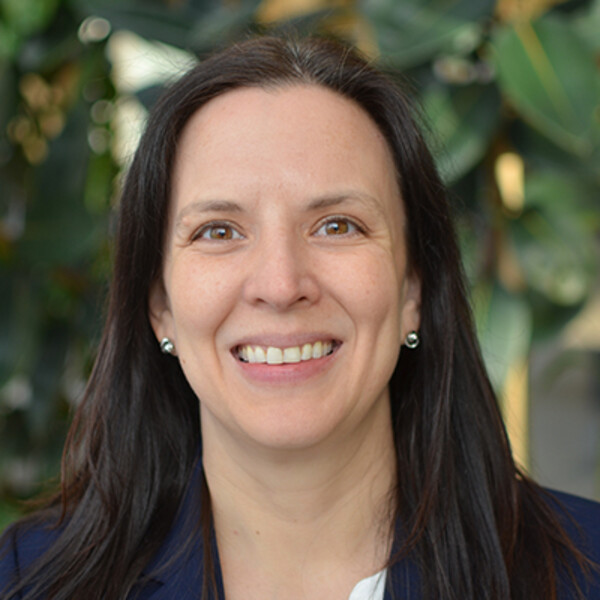
Dr. Sonya MacParland
Dr. Sonya MacParland, PhD, is a scientist in the Ajmera Transplant Centre at Toronto General Hospital Research Institute, a Canada Research Chair Tier 2 in Liver Immunobiology, and an Associate Professor in the University of Toronto’s departments of Laboratory Medicine and Pathobiology and Immunology.
Dr. MacParland's research program is focused on translating fundamental knowledge about the immune biology of the liver into clinical applications.
Dr. MacParland and her research team are employing advanced genomics including single cell and single nucleus RNA sequencing to describe the microenvironment of the healthy and diseased human liver. Her team recently developed the first transcriptomic map of the human liver (Nature Communications; 2018, Hepatology Communications; 2021) as a platform to examine how immune dysregulation drives liver diseases.
Her team is also examining how the liver immune environment can be therapeutically targeted and manipulated using nanoparticles to slow or reverse ongoing damage (Nature Materials; 2016, ACS Nano; 2017, ACS Nano 2020).
AI in Medicine session
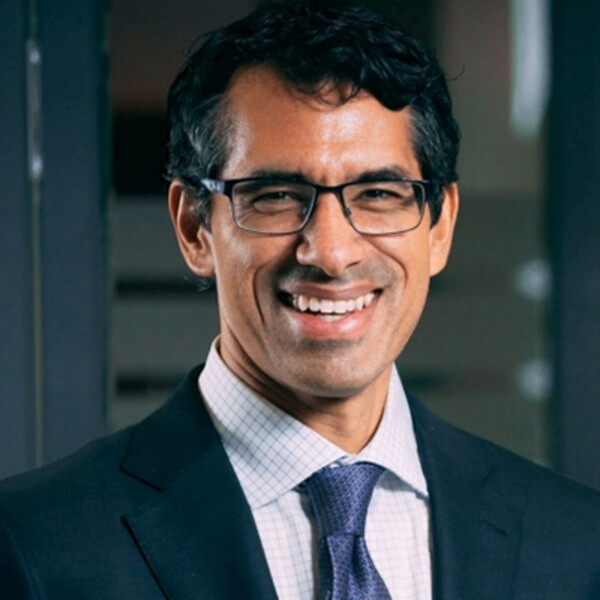
Dr. Taufik Valiante
Dr. Valiante is a Staff Neurosurgeon (Epilepsy Surgery, Minimally Invasive Spine Surgery, and Cranial Neurosurgery) and Surgeon Scientist at University Health Network and Department of Surgery, University of Toronto. He is most notably the Co-Director of the Max Planck-University of Toronto Centre (MPUTC) for Neural Science and Technology; the Centre for Advancing Neurotechnological Innovation to Application (CRANIA); and the CRANIA Neuromodulation Institute (CNMI). He also holds the Gerry and Tootsie Halbert Chair in Neural Repair and Regeneration.
Dr. Valiante graduated from the MD/PhD program at the University of Toronto in 1997, and pursued an epilepsy neurosurgery fellowship at the University of Washington, Seattle, where he learned Dr. Ojemann's technique of language mapping for patients undergoing epilepsy surgery. It was there that his “dream” began by building ‘next-generation’ laboratory spaces such as Ojemann’, but focused on enhancing the ‘lab’ into an ecosystem that brings together in real-time basic science, clinical, and scientific fields. His research, education, and discovery pursuits have established world-class infrastructures that are driving the next-generation of transdisciplinary spaces that promote the non-traditional intersectionality of scientific fields of medicine, engineering, and computational work to advance our knowledge and discovery potential that spans from the neuron to the whole brain.
He had the recent honor of being acknowledged by the esteemed Martin Stratmann, President of the Max Planck Society, for creating the first Max Planck Centre in the World with a Physician lead, altering the potential of how discovery science will transform direct patient care. His efforts in establishing centres such as CRANIA, CNMI, MPUTC are to create a nexus of neural science and technology that drive the discovery of therapeutics that are focused on transforming brain health using advanced devices that interface with specific areas of the central or peripheral nervous system.
Dr. Valiante also has a strong engagement with the Epilepsy Community through numerous community Boards, where he became acutely aware of the needs of the community – in particular access to surgical services. Working closely with community partners, UHN and SickKids administration, he developed the chronic disease model that was the basis of the Provincial Epilepsy. His conceptualization of the hub-and-spoke model of Epilepsy care in Ontario predicated on the emerging principles of Chronic Disease Management and WHO’s Innovative Care for Chronic Disease has led to Ontario being the only place in the world with a regionalized approach to Epilepsy Care.
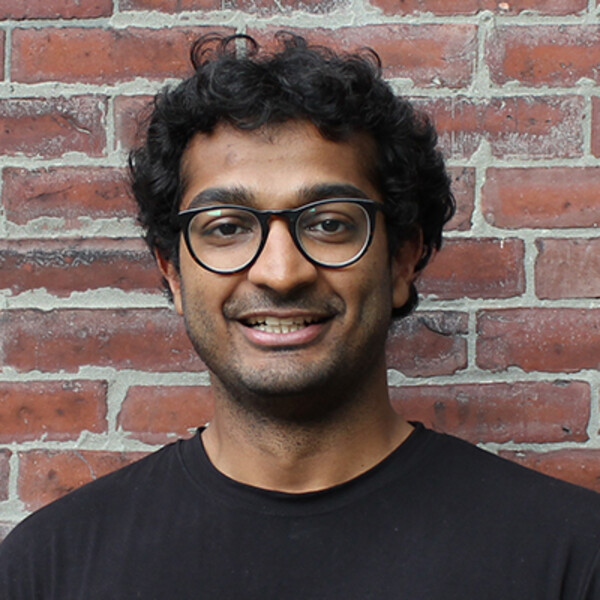
Dr. Rahul Krishnan
Rahul G. Krishnan is an Assistant Professor of Computer Science and Medicine (Laboratory Medicine and Pathobiology). He is a member of the Vector Institute where he holds a CIFAR AI Chair.
His research has developed new algorithms for probabilistic inference, and applied machine learning to problems in healthcare such as modeling disease progression and risk stratification. He received his MS from New York University and his PhD in computer science from MIT in 2020. His research has been published in top machine learning venues such as NeurIPS, ICML, AISTATS and AAAI.
Organ-on-a-chip session

Dr. Yimu Zhao
Yimu Zhao, PhD is a postdoctoral research scientist at Department of Biomedical Engineering at the University of Toronto. Her primary research interest is to develop integrated multi-hierarchical vasculature with parenchymal tissues that recapitulates organ-specific phenotypes and functional maturations. She also investigates the approaches to connect multiple organ-specific vascular network to study drug testing and disease phenotypes across multiple tissue types.
She received her PhD in 2019 under the supervision of Dr. Milica Radisic at University of Toronto. During her PhD, she designed and developed the Biowire II Organ-on-a-Chip platform, a drug inert tissue culture and testing platform that employs super-elastic biomaterials as biosensors and culture 3D adult-like cardiac tissue arrays.
The technology combines technologies in developmental biology, tissue engineering, and microfluidics, and enables:
- the culture of multiple tissue models, including adult-like chamber-specific healthy and patient-specific diseased cardiac tissues.
- compatibility with the pharmaceutical industrial practice and
- multiple cardiac functional readouts through material-based biosensors.
She is one of the inventors of TARA’s BiowireTM platform technology (Patent) and is one of the co-founders of TARA. She has published in Cell, Advanced Healthcare Materials.
She obtained her B.A.Sc. (Chemical Engineering) from University of Western Ontario and M.A.Sc. (Chemical Engineering) from Queen’s University, Ontario, Canada. There she worked on stem cell technology in the laboratory of Dr. Lauren Flynn and Dr. Stephen Waldman for multi-lineage differentiation and application of adipose-derived stem cells.

Dr. Eugenia Kumacheva
Eugenia Kumacheva is a University Professor and Distinguished Professor of Chemistry in the University of Toronto. IN 2003-2020, she was Canada Research Chair in Advanced Polymer Materials (Tier 1).
Her primary research interests are in the materials science of soft matter, including polymer and nanoscience, microfluidics and 3D bioprinting. She is particularly interested in the biomimetic environment for organoid growth and their use for drug screening and personalized medicine.
Eugenia has published 2 books, 10 book chapters, and >280 papers (h-index=88), with >66 citations/paper. She holds 40 patents and is a founder of two companies. She has given >330 invited, keynote and plenary lectures, as well as public lectures.
Among her awards are the De Gennes Prize and Schlumberger Scholarship (both U.K.), Killam Fellowship, Macromolecular Science and Engineering Award, Clara Benson Award (all Canada), International Chorafas Foundation Award in Physics and Engineering (Switzerland), Humboldt Research Award (Germany) and the 2009 L'Oreal-UNESCO Award “For Women in Science” (given to 5 laureates in the world). She is recipient of the Canada Institute for Chemistry (CIC) medal, the top CIC’s award. She is a Fellow of the Royal Society of Canada and Royal Society (U.K.). In 2020, Eugenia Kumacheva has been recognized as an Officer of The Order of Canada, one of our country’s highest civilian honors.
Unconventional Substances session

Dakota Gustafson
Dakota Gustafson completed his undergraduate studies in biochemistry at Queen's University prior to coming to the University of Toronto where he now is a sixth year PhD student under the supervision of Dr. Jason Fish.
His research has spanned a variety of cardiovascular pathologies including cerebrovascular complications of diabetes, transthyretin amyloidosis, and cancer-therapy related cardiac dysfunction where he focuses on the discovery and clinical translation of circulating microRNA as well as extracellular vesicle biomarkers.
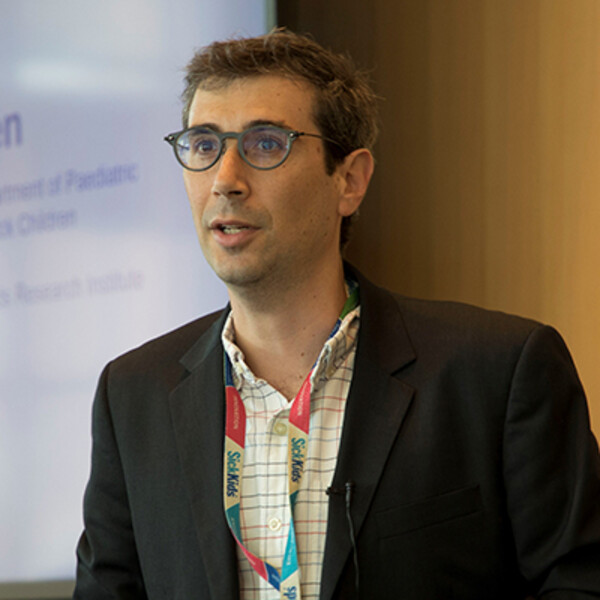
Dr. Adam Shlien
As the Canada Research Chair in Childhood Cancer Genomics, Dr. Adam Shlien uses genomics, computational tools of his own design, (and lots of data) to understand the earliest origins of childhood cancer. He believes that by looking back in time and understanding cancers’ roots, we will improve survival for future patients and reduce the need for toxic chemotherapy.
Adam is a Senior Scientist at SickKids and Associate Director in the clinical Genome Diagnostics lab. In addition to directing a research lab where new discoveries are made, Adam is involved with the practical introduction of genomics into clinical practice. He co-leads KiCS, a precision medicine program that has shown that genomics is both massively useful and attainable for every child with cancer.
Adam received his PhD from UofT and was then recruited to join the Cancer Genome Project at the Sanger Institute by Sir Mike Stratton and Dr. Peter Campbell, where he was a National Research Council Holmes Postdoctoral Fellow. Since returning to Toronto, Adam has received several awards, including the unrestricted Arceci prize to support innovative work in childhood cancer.
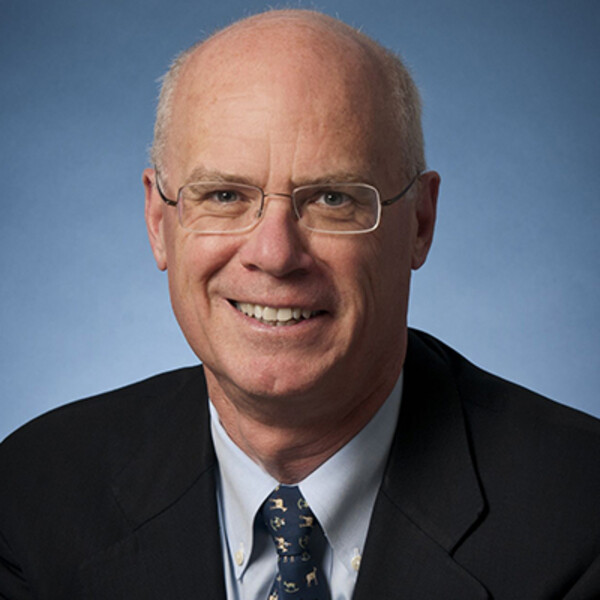
Dr. Brendan Mullen
Dr. Mullen is an associate professor and has held a 30+ year practice in pathology. He’s currently a staff pathologist at Mount Sinai Hospital.
Dr. Mullen had experience on OMA for co-chairing MOHLTC-OMA laboratory services working group. He also served as Subject Matter Expert/Consultant for Ontario MOHLTC, and Lab medicine Best Practices Initiative of Nova Scotia Council of CEOs/Deloitte.
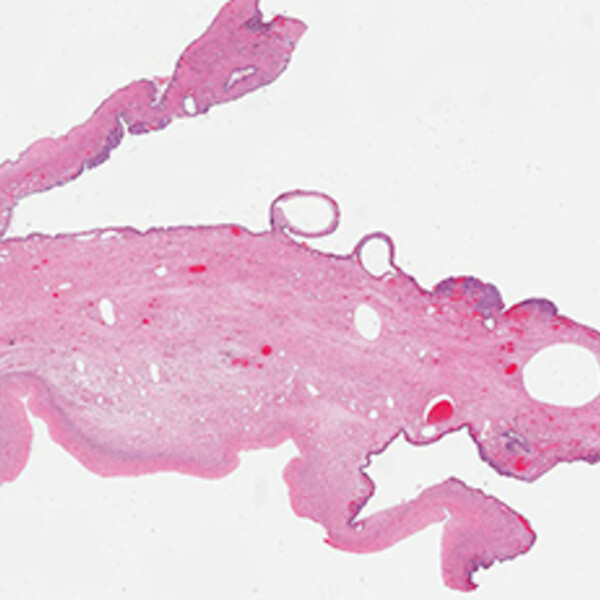
Dr. Bojana Djordjevic
Dr. Djordjevic is an associate professor and a gynecologic pathologist practicing at Sunnybrook Health Sciences Centre. Dr. Djordjevic has held positions previous at the Ottawa Hospital and is passionate about resident and fellow education.
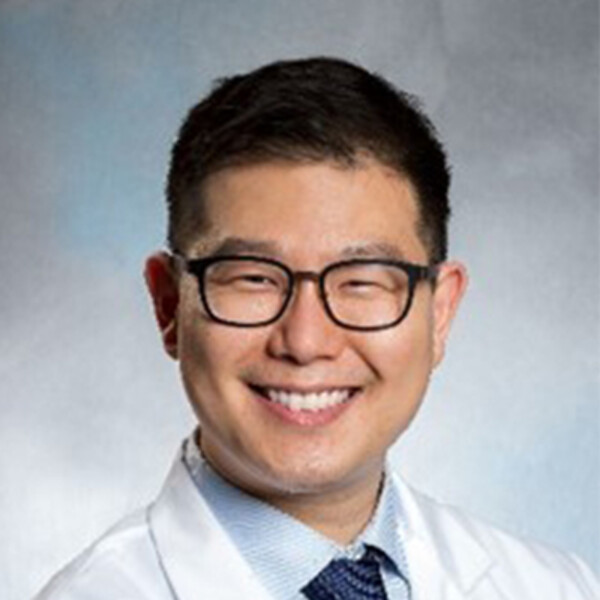
Dr. Ju-Yoon Yoon
Dr. Yoon is an assistant professor and molecular and gynecologic pathologist at St. Michael’s Hospital. He completed his fellowship training in molecular genetics, and a second fellowship in women’s and perinatal pathology in 2021.
Mentoring speed dating
We have several mentors taking part in our 'speed dating' at the conference - don't miss out on meeting some fascinating people across various industries.
|
Name |
Occupation |
Institution |
|---|---|---|
|
Academia |
|
|
|
Christopher McCulloch |
Professor |
Faculty of Dentistry, LMP |
|
Golnaz Karoubi |
Assistant Professor |
Faculty of Medicine, LMP, TGH, UHN |
|
Marc Grynpas |
Professor & Director of the Bone and Mineral Research Group |
LMP and Mount Sinai Hospital |
|
Gerold Schmitt-Ulms |
Professor |
Tanz Centre for Research in Neurodegenerative Disease, LMP |
|
Roberto Melano |
Assistant Professor |
Ontario Agency for Health Protection & Promotion, LMP |
|
Trevor McKee |
Adjunct Lecturer |
UHN, LMP |
|
Hoon-Ki Sung |
Associate Professor |
SickKids, LMP |
|
Khosrow Adeli |
Professor |
SickKids, LMP |
|
Academic Industry positions |
|
|
|
Filomena Grosso |
Manufacturing specialist |
Bluerock Therapeutics |
|
Michael Lee |
Development manager |
Center for Commercialization of Regenerative Medicine, CCRM |
|
Non-academic Industry positions |
|
|
|
Meghan Lofft |
Medical writer and Module coordinator |
The Foundation for Medical Practice Education |
|
Navkiran Verma |
Healthcare Analyst |
Throughline Strategy |
|
Christy Yeung |
Healthcare Analyst |
|
|
Professional Schools |
|
|
|
Christopher McCulloch |
Professor |
Faculty of Dentistry, U of T |
|
Brigitte Courteau |
GI pathologist |
Mount Sinai |
|
Sameer Shivji |
Pathologist |
St. Mikes |
|
Nikita Thakkar |
Naturopathy student |
|
|
Tyler Hickey |
Forensic Pathologist |
Ontario Forensic Pathology Services |

Dr. Sonya MacParland
Associate Professor, The Ajmera Transplant Centre at Toronto General Hospital Research Institute
Dr. Sonya MacParland, PhD, is a scientist in the Ajmera Transplant Centre at Toronto General Hospital Research Institute, a Canada Research Chair Tier 2 in Liver Immunobiology, and an Associate Professor in the University of Toronto’s departments of Laboratory Medicine and Pathobiology and Immunology.
Dr. MacParland's research program is focused on translating fundamental knowledge about the immune biology of the liver into clinical applications. Dr. MacParland and her research team are employing advanced genomics including single cell and single nucleus RNA sequencing to describe the microenvironment of the healthy and diseased human liver. Her team recently developed the first transcriptomic map of the human liver (Nature Communications; 2018, Hepatology Communications; 2021) as a platform to examine how immune dysregulation drives liver diseases. Her team is also examining how the liver immune environment can be therapeutically targeted and manipulated using nanoparticles to slow or reverse ongoing damage (Nature Materials; 2016, ACS Nano; 2017, ACS Nano 2020).
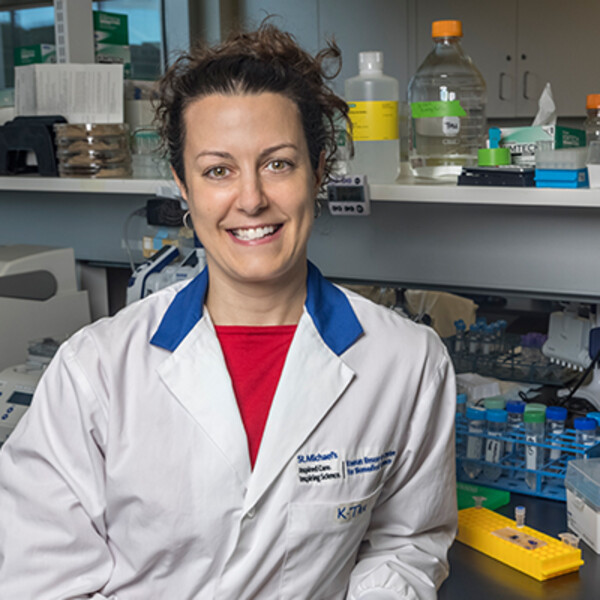
Dr. Kelsie Thu
Scientist, Keenan Research Center of Biomedical Science
Dr. Thu is a Staff Scientist at the Keenan Research Centre for Biomedical Science at St. Michael’s Hospital, and an Assistant Professor at the University of Toronto in the Laboratory Medicine and Pathobiology Department.
She completed her BSc in Biological Sciences at Simon Fraser University, her PhD in Interdisciplinary Oncology at the University of British Columbia, and her postdoctoral training at the Princess Margaret Cancer Centre. Dr. Thu’s research integrates clinical and functional genomics to identify mechanisms governing lung cancer biology and therapy response with the goal of discovering new and improved therapeutic strategies for lung cancer patients.
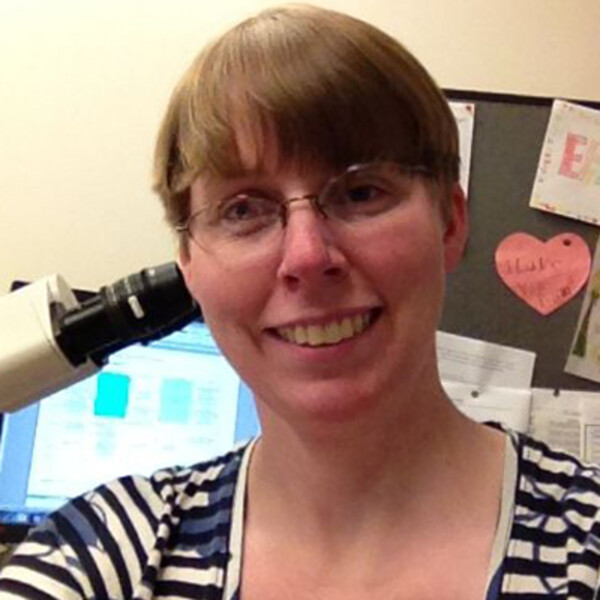
Dr. Eleanor Latta
Anatomical Pathologist, St. Michael's Hospital
Dr. Eleanor Latta did a Bachelor of Science and Master of Science degree in Biochemistry at the University of Toronto, before going into Medicine. She studied Medicine at the University of Toronto, followed by residency in Anatomical Pathology and a one-year fellowship in Gynecological Pathology, all again at the University of Toronto. Unwilling, or unable, to detach herself from the university, she has worked for the last twenty years as a staff pathologist at St. Michael’s Hospital in Toronto, a university-affiliated academic centre.
She has a strong interest in education and teaching and has been involved in teaching both undergraduate medical students, as well as residents, for which she has won several awards. She has been involved in course design and is currently involved in the implementation of the new Curriculum Based Medical Education program for the Anatomical Pathology program.

Felix Chiu
Medical Editor, Klick Health
As I finished my graduate degree at the University of Toronto, I had to opportunity to explore several careers (i.e., technician, industry technologist). With a focus on scientific communication and work-life balance, I came across an opportunity to be a scientific editor for Klick Health. As I now continue to provide feedback on FDA regulations as well as conveying scientific language in an understandable and accurate manner, working at Klick has been an eye-opening experience on what our degree/training has to offer beyond scientific research.
